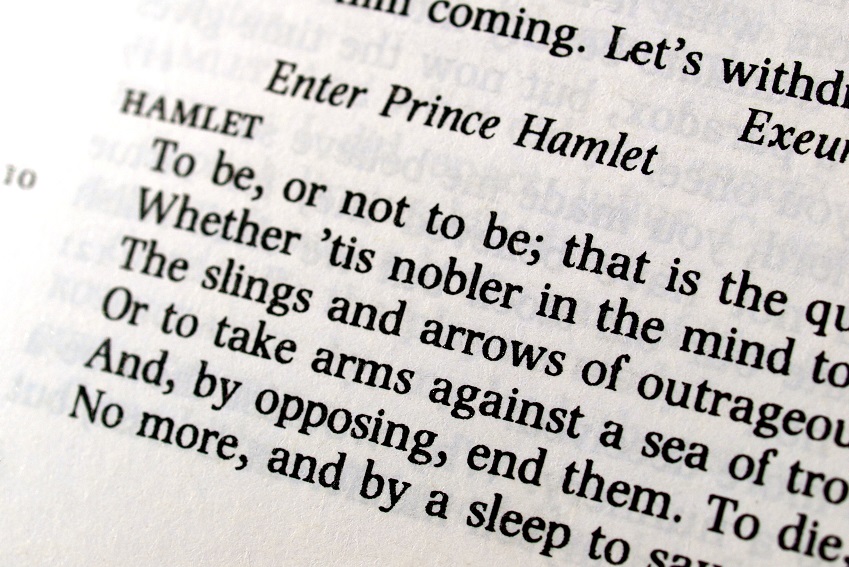Slings and Arrows: Adelaide's Rubbish, Parks and the Search for Eternal Happiness

With apologies to Shakespeare’s Hamlet
A B S T R A C T L A N D S C A P E S L O O M
Adelaide City Council recently adopted a new hard rubbish collection policy trial, insisting that flats and apartments people sign new contracts to coordinate collections. The rationale was that the blocks and high-rise tower tenants cause the biggest street rubbish problems, so some rigid new operational rules had to be adopted. Some 280 city and North Adelaide strata corporations were supposed to be roped in to make it all work in liaison with a rubbish collection contractor, but at the deadline for signing on, only 13 had done so. A few more might have signed on by now, but it still leaves about 260 groups – thousands of owners and tenants – with no particular obligation not to dump their rubbish on street pavements without notifying anyone. The trial ends in December, so it could be an interesting year. Next time you see someone in an ageing dinner jacket, strumming a busted ukulele on a torn lounge suite in a city street, remember that not all street performances are going to be formal city Fringe events.
S T A T E O F H A P P I N E S S
Got lots of beloved friends and colleagues, exercise often, eat well and sleep like a log? You’re doing pretty well. While that should be obvious, it’s not enough for local psychologists. As South Australia’s struggling economy envelops many of its citizens in a fog of darkness, apparently there’s a simultaneous ‘statewide movement to wellbeing and resilience’. Adelaide City Council is throwing $30,000 at new ‘positive psychology’ research by the Wellbeing and Research Centre, part of the SA Health and Medical Research Institute. Apparently the government’s vision is to ‘build SA as the State of Wellbeing’ by adopting a public health approach to building mental health. Key elements a ffecting your likely state of bliss are said to be social connections, physical activity, nutrition and sound sleeping habits. Soon 400 people, including ratepayers, renters, international students, business owners and city workers are to be surveyed. One can only hope that the research isn’t carried out among those for whom Adelaide’s Mad March turns life into a 24-hour, seven-day entertainment blur. Odds on that the first two factors would score very well, but the latter two, nutrition and sleep, wouldn’t score so well.
M O N E Y W A L K S
The shutting down of the former Motor Sport Board that coordinated the Clipsal 500 (and boys with F1 toys years before that) prompted squawks when board members got the sack, with their lucrative fees swallowed up by Tourism SA, which now runs the gig. It was all part of the government’s desperate bid to make savings – any savings – that could be sucked out of bureaucratic barnacles whose budgets had grown fatter over time. Next looms the shut-down of the Adelaide Park Lands Authority, a body that is set to manage the multi-million dollar expansion of building sites across the city’s park lands, care of a draft major new blueprint for private sporting facilities on 42-year site leases and oval licences. It’s a curious proposal, given that the Authority is de fined under legislation. Yes – a complication, and one that has stymied, for the moment, the bid last year by one Ian Hunter, State Minister for Sustainability, Environment and Conservation, to drive the money saving juggernaut. Since his letter of July 2015 warning that the axe might fall, nothing more has been heard. One assumes that his people are trying to think of an excuse to lay hands on city council’s $201,000 budget funding, which like the veritable barnacle, has grown signi ficantly since it began sitting, only 11 years ago. Well, someone’s got to manage the forest of trees felled to provide the hectares of paperwork created over that time to preserve the park lands’ green image. Ashley White fly is Executive Director of the Adelaide White fly Institute of Diplomatic Studies